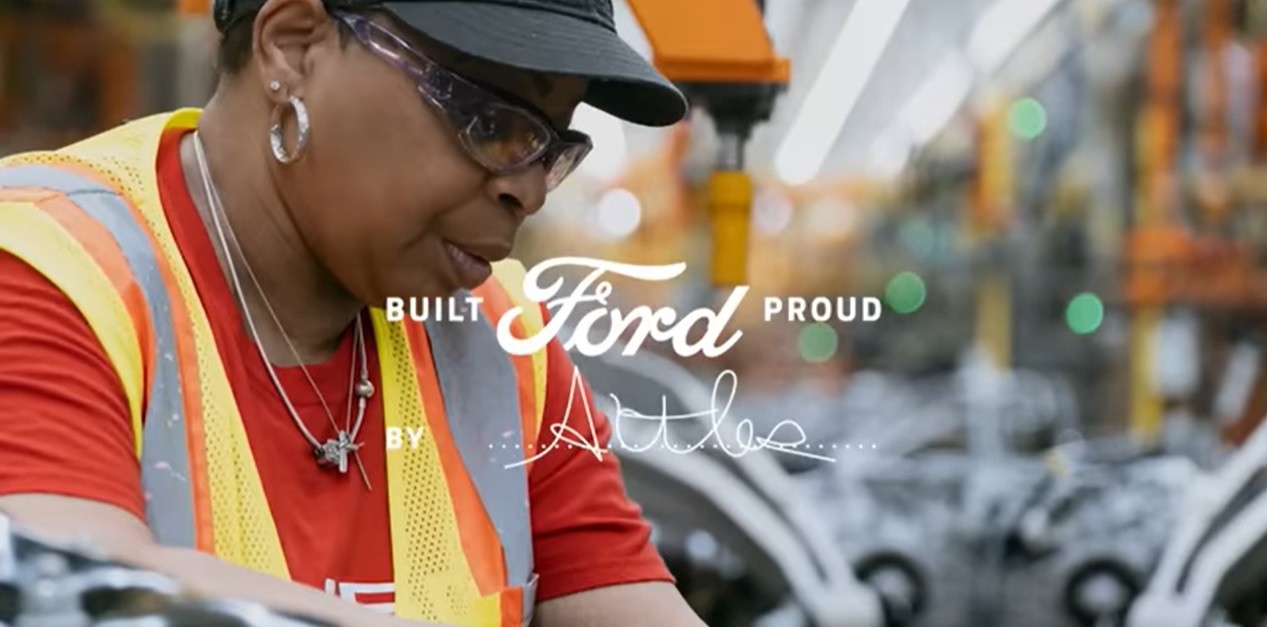
The automotive industry has been uniquely whipsawed by the COVID-19 pandemic. Factories, dealerships, and offices were shuttered in its earliest days undercutting both supply and demand.
The industry impacts spread outward from these initial shocks with major auto shows folding their tents and ripples of supply chain disruptions roiling normally reliable sourcing arrangements for vital semiconductors. What slowly dawned on industry participants was the reality that some changes might be longer lasting.
Sure, workers may have returned to the factories, but what would happen with white collar workers? Would supply chains heal? Would traditional auto shows return? Customers returned right away. Demand never slackened.
New answers to these questions are emerging daily. The first post-pandemic auto show outside of China was the Munich IAA event last fall. It was different – with suppliers intermingled with car makers on the show floor – and it was reasonably successful.
The L.A. Auto Show that followed later last fall was less successful and signaled that a wider recovery in typical consumer-centric auto shows was not yet in the offing. Now the Detroit auto show has come and gone with its own reverberations of disappointment.
The bigger question emerging from the lackluster consumer reaction to the Detroit Auto Show (officially the North American International Auto Show) is why car company executives expect consumers to turn out to an auto show if rank and file white collar workers won’t show up at the office. The headline in the Detroit Free Press told the tale this week: “GM Steps Back on Return-to-Work Policy after Backlash from Salaried Workers.”
For many, the home of CEO Mary Barra’s “dress appropriately” mantra was not having any of this “work appropriately” request.
As a post-pandemic frequent traveller I feel a need to express my shock at the situation unfolding at GM. Plenty of workers across the country and throughout the world have had to return the work – in fact never left work! I see and interact with these workers every day in my travels.
We don’t think about these workers. We don’t notice them. We take them for granted. They are the workers in hospitality, retail, restaurants, health care, and transportation.
When the automotive industry was on its knees in the spring of 2020, the factory workers – the car makers – they came back. And they did so with barely a whimper!
The actual car makers helped ensure that the industry’s recovery was swift. Factory workers returned en masse to automobile plants that had been modified to accommodate pandemic hygiene. And dealerships, too re-opened to customers who still had a hankering to kick tires and take test drives.
Strangely, the offices of car makers and their suppliers largely remained shuttered. It became clear this was the case when visitors discovered that in-person meetings were impossible with most headquarter facilities unoccupied.
The revolt of white collar workers at GM is truly revolting. How do they account for their sentiments as they ride in their Ubers and Lyfts or accept their bag of pretzels from the flight attendant or receive their key to their accommodation? How do they explain THEIR outrage to the Starbucks coffee maker, the mailman, the convenience store clerk?
If you were hired – pre-pandemic – to work in an office, you are obligated now, nearly three years after the onset of the pandemic, to return to that office. But, seriously, if you work in the automotive industry which is uniquely dependent upon hundreds of thousands of workers building your products, you have a moral obligation to show up physically (with exceptions for those with medical conditions that may render them vulnerable). If for no other reason, you should show up in the office to demonstrate your solidarity with those folks at the plants. The plant workers took their places on the production for you and me and the industry. What’s your contribution?
Also Read:
U.S. Automakers Broadening Search for Talent and R&D As Electronics Take Over Vehicles
Siemens EDA Discuss Permanent and Transient Faults
Super Cruise Saves OnStar, Industry
Share this post via:






Memory Matters: Signals from the 2025 NVM Survey